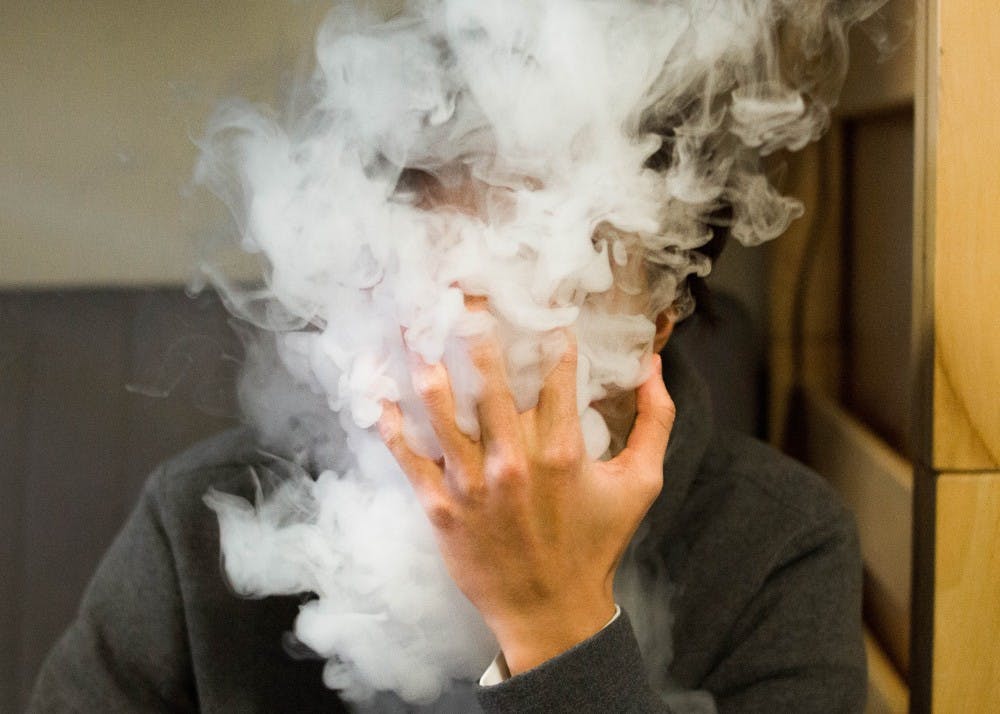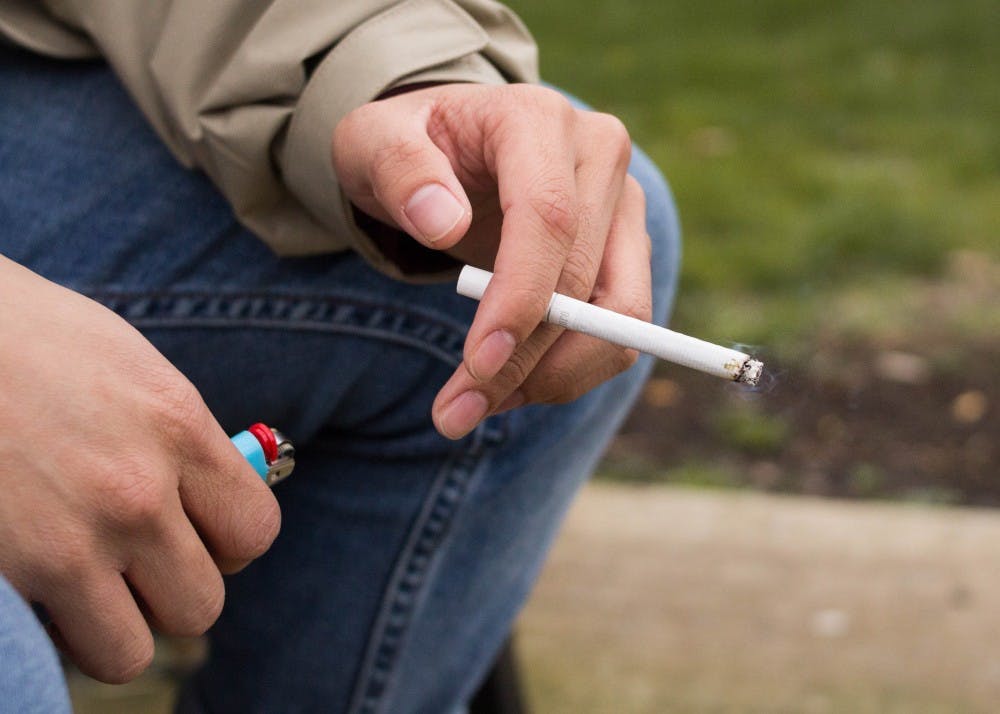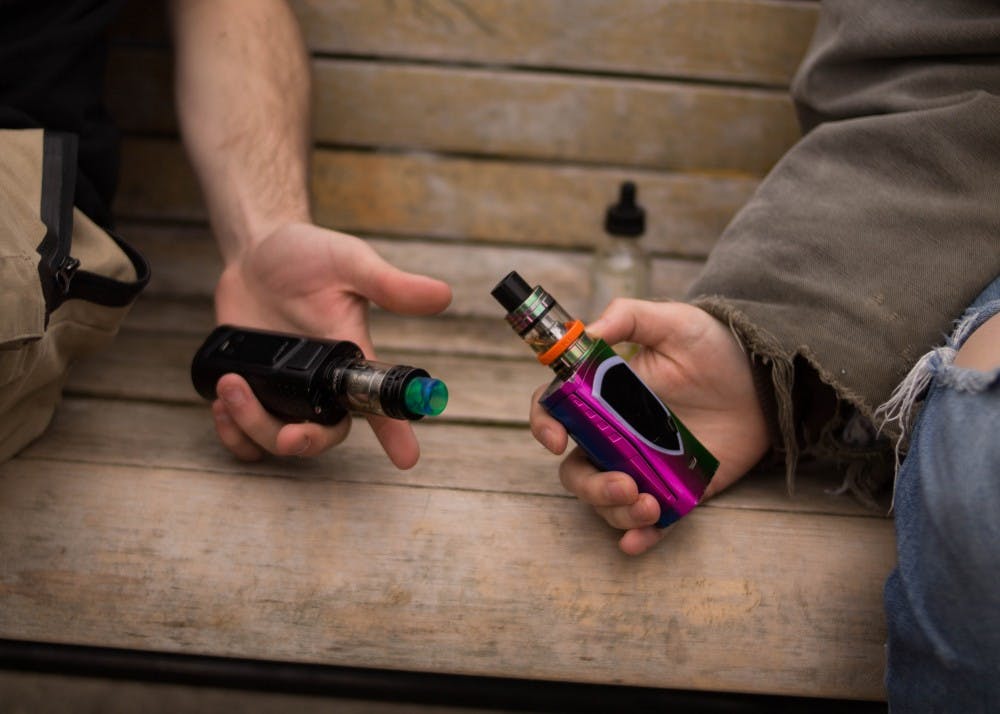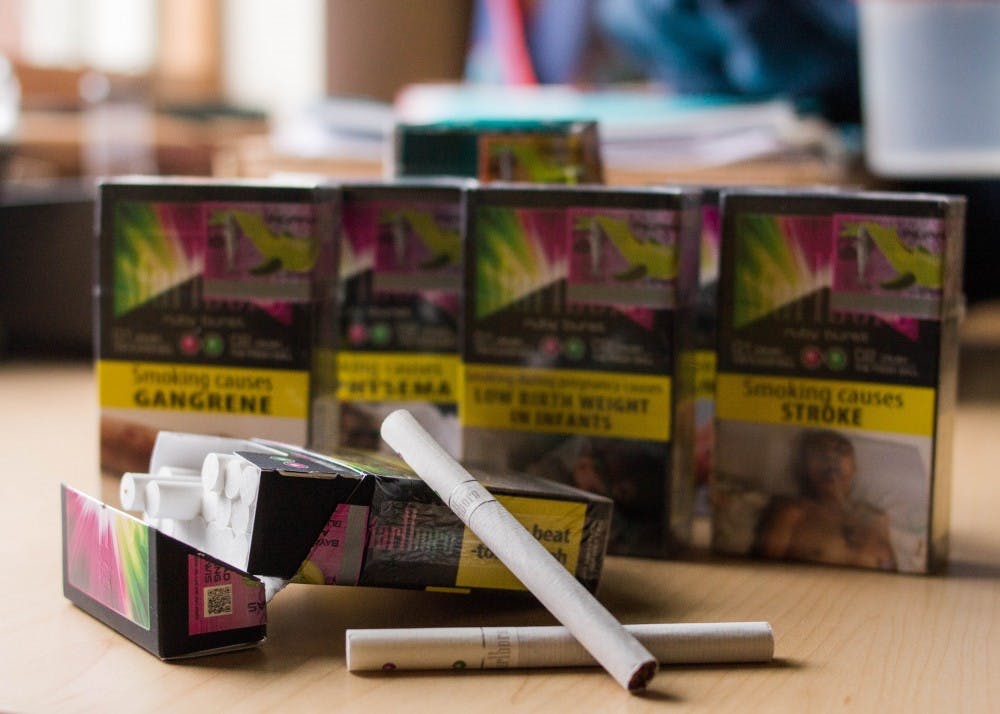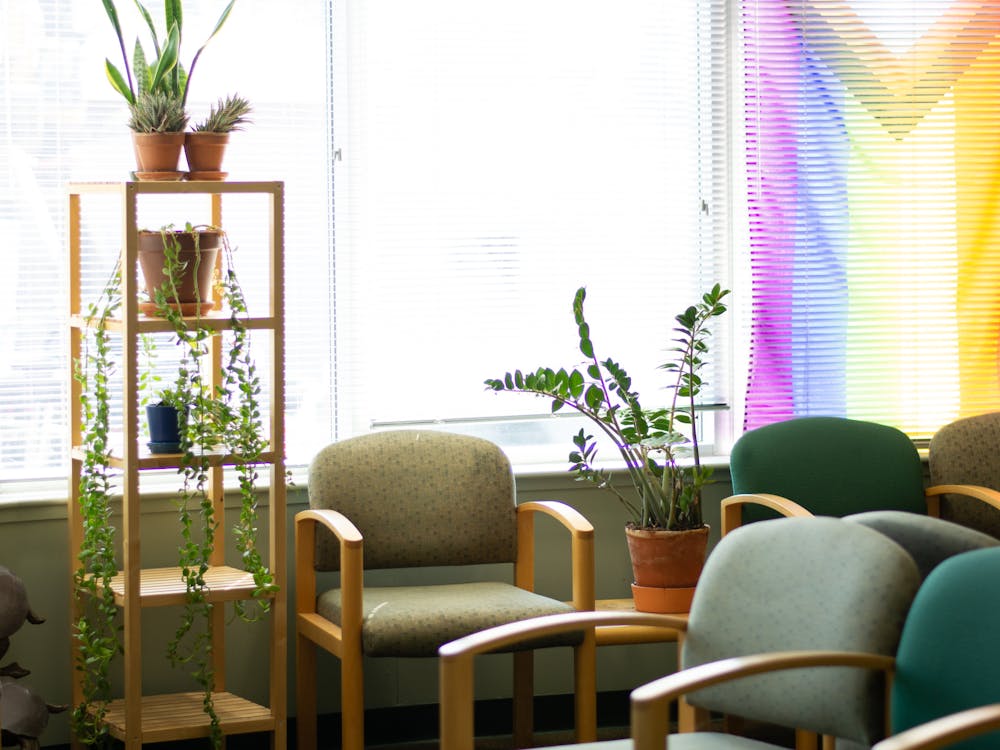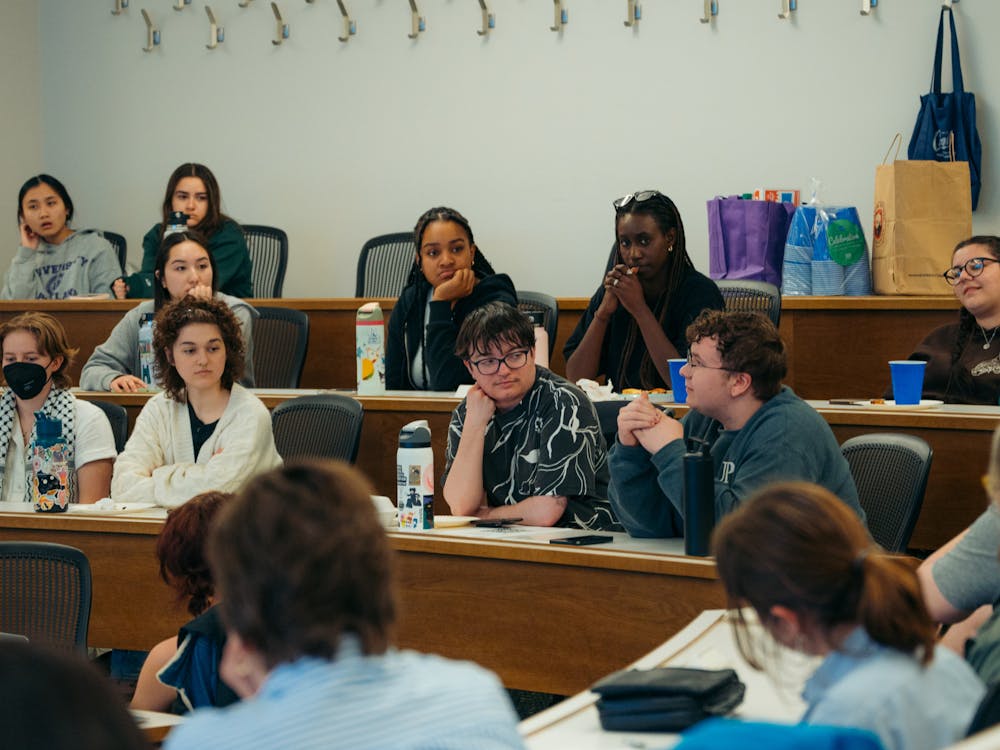Underage smokers adjust to new tobacco law
Before 19-year-old Matt returned to Portland for the spring semester, he bought himself about seven packs of menthol cigarettes because he thought that would be enough to last him the semester. He is from Guam, where the legal age to buy tobacco and other smoking products was 18 years old until Jan. 1 of this year when a similar law took effect. In Oregon, you now have to be 21 years old.
In Aug. 2017, the Oregon State Legislature raised the minimum age to buy, possess, or consume tobacco or inhalant delivery products from 18 to 21 years old. The law took effect on Jan. 1, 2018, impacting a handful of students at the University of Portland. As the Oregon laws change, students must change their previous habits to abide by the new law and campus policy.
The Beacon spoke to two students who are under the age of 21 and still struggling to adjust to the new law. As they are actively breaking the law, The Beacon has chosen to protect their identity. For the purpose of this article, we will refer to them as Matt and Adam.
The new law states that an inhalant delivery system is “a form that allows the nicotine to be delivered into a person’s respiratory system.” This includes products like vapes, hookah, and juuls.
Now underclassmen who regularly bought and used products are struggling to find other ways of acquiring them. Oregon is the fifth state, including California, New Jersey, Hawaii and Maine, to pass a law raising the minimum age to 21 years old.


